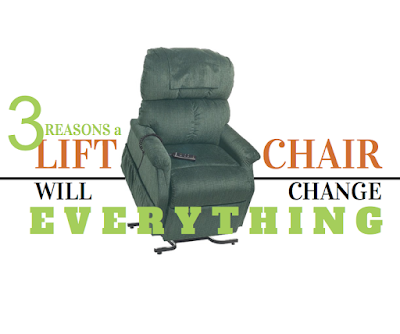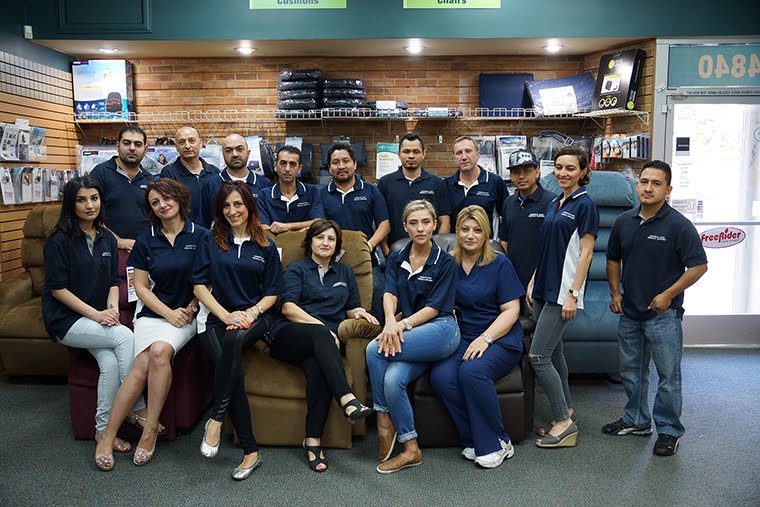For most people, the accelerated pace of the holidays only adds to the excitement.
But many fail to realize there is a huge chunk of the population that actually prefers a slower pace, and is therefore more prone to anxiety and overwhelm during the holidays.
Some simply easily become overstimulated by too much social interaction, light, noises, busyness, and the like, while other’s have to exert extra energy to engage in holiday events due to medical equipment and physical limitations.
Whether it’s a sensory sensitivity or physical challenge, everyone will be a lot happier during the holidays if we just took a moment as hosts to think of the people we will be celebrating with, and how we can accommodate everyone to have an equally enjoyable experience.
Here are some tips to do just that:
Create An Atmosphere
For those who are easily overstimulated, a holiday atmosphere can quickly become nerve-racking:
Extreme smells, glaring lights, and loud conversations from every corner of the room are daunting for them.
Be mindful of the smells that you have in your home. A few scented candles might be heaven to some, but to others with more delicate nervous systems, it can feel like a assault on the senses. The gentle scent of desserts baking or some light essential oils are a great alternative to intense artificial scents.
Lighting and music is also important to consider. Provide a part of the home with lighting that is a little less glaring and where there’s less noise. Those who need to can retreat to this spot if their eyes or head starts to ache, and will be very grateful for it.
Creating an atmosphere that is less overwhelming or has pockets for the more sensitive to escape to will help them enjoy holiday gatherings instead of dread them.
Organize Separate Gatherings
Another option is to simply plan out a couple different gatherings.
If you know you have a group of very loud friends and group of more sensitive or special needs friends, have two different gatherings!
You may even enjoy your holiday more since you won’t be running around one party trying turn up the music for one group and turn down the lights for another. You’ll be able to enjoy each group of friends individually and help them fully enjoy themselves as well.
Assess and Rearrange Furniture
For those with medical equipment like wheel chairs or mobility scooters, think ahead of how accessible your home is. It can feel awkward to have people rushing around last minute, moving things out of the way just so you can get into the house.
But if you assess your furniture’s layout and move things around before they arrive so there’s plenty of room for them to get around, they’re less likely to feel like any kind of a burden or inconvenience.
Do a Little Specific Research
If you had a diplomat from Germany coming to stay at your house, you’d probably do a little research to see what German diplomats tend to do and eat. Well this isn’t a bad idea for special holiday guests as well.
If you know your friend’s daughter has Autism, research what helps those with Autism feel more comfortable in social situations. Maybe even call up your friend and ask how you can help make their time at your gathering more enjoyable and stress free.
The same may be helpful for a friend with medical equipment to maneuver, or a special diet or meal-time needs to accommodate.
Do a little research, if only to familiarize yourself with the situation. That way you won’t be caught off guard by the things your friends and family are probably already used to about their situation.
You’ll be at ease, and everyone at the gathering will follow suit.
With these tips- or simply the perspective of thoughtfulness behind them- you're sure to be a whole new level of host for this holiday season.
















